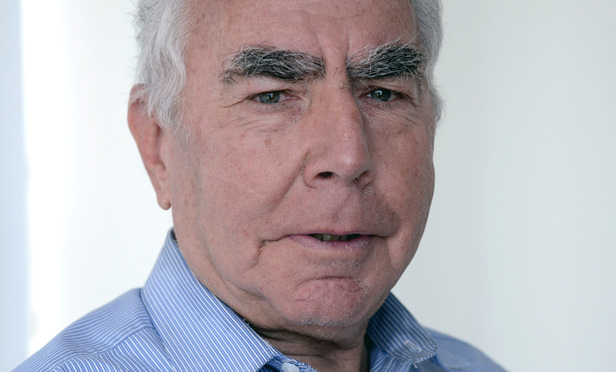A high percentage of §1983 complaints allege violations by law enforcement officers of the Fourth Amendment protections against unreasonable searches and seizures. These claims are mainly arrest without probable cause, use of excessive force in making a stop or arrest, and conducting an unconstitutional search. Section 1983 lawyers must be well-versed in Fourth Amendment law. This is no mean feat. Certainly all U.S. Supreme Court Fourth Amendment decisions are required reading for Section 1983 litigators. This is true whether the decision was rendered in a §1983 action against a state or local official, a Bivens1 action against a federal officer, or in the context of a criminal prosecution.
At the end of its last term the U.S. Supreme Court in Birchfield v. North Dakota2 held (6-2) that the Fourth Amendment allows the police to compel a warrantless breathalyzer test incident to an arrest for driving while intoxicated (or impaired), but also held (7-1) that absent exigent circumstances or consent, the Fourth Amendment bars warrantless blood alcohol testing incident to such an arrest.3Birchfield was consolidated with another case from North Dakota, Beylund v. Levi, and with Bernard v. Minnesota. Two of the cases arose from the filing of criminal charges. In the third case the arrestee agreed to having his blood drawn after being informed by the officer that his refusal would be a criminal offense.



